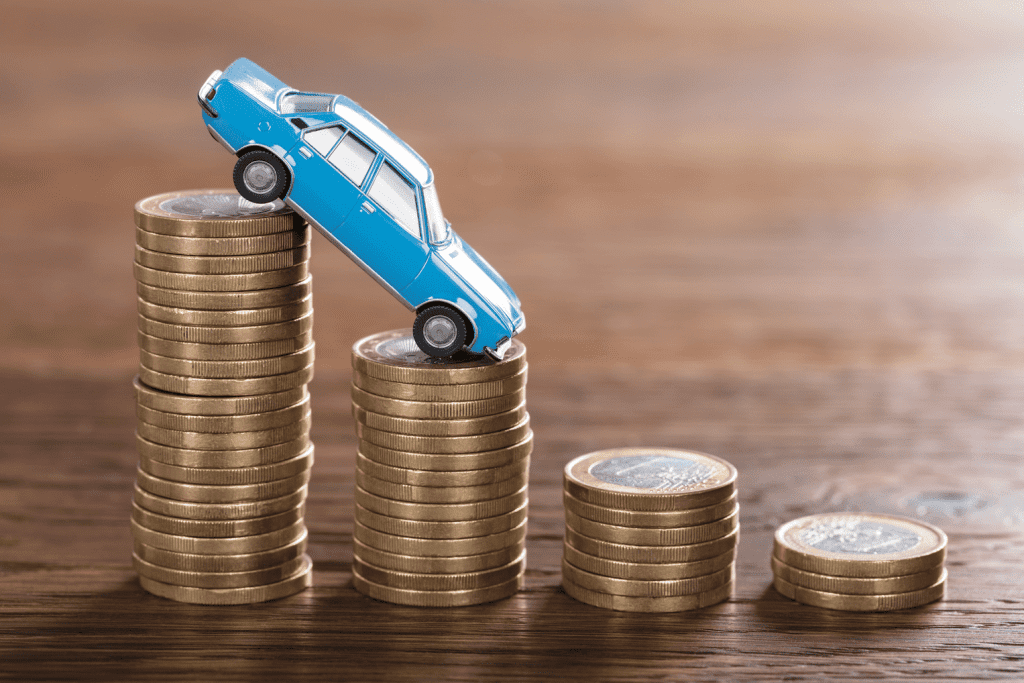A Guide to Understanding Your Car’s Value and Depreciation

Understanding the value and depreciation of your car is crucial for making informed decisions about selling, trading, or simply maintaining your vehicle. This comprehensive guide dives into the factors that determine a car’s worth and how depreciation affects its value over time.
The Fundamentals of Car Value
The value of a car is determined by a combination of factors including its make, model, condition, mileage, and market demand. Knowing the baseline value can aid in negotiations and financial planning.
Factors Influencing Car Value
- Make and Model: Certain brands and models hold their value better due to reputation, reliability, and consumer demand.
- Condition: The overall physical and mechanical condition of a car significantly impacts its worth.
- Mileage: Generally, lower mileage indicates a higher value, as it suggests less wear and tear.
Understanding Depreciation
Depreciation is the reduction in a car’s value over time, primarily due to wear and use. It’s a critical concept for car owners, as it impacts the car’s resale or trade-in value.
The Curve of Depreciation
- First Year: New cars depreciate the most in the first year, often losing 20-30% of their value.
- Subsequent Years: Depreciation continues at a slower rate, usually leveling off after a few years.
The Impact of Market Trends
Market demand and trends can greatly influence car values. Fuel efficiency, technological advancements, and consumer preferences for SUVs over sedans, for instance, can affect a car’s resale value.
Eco-Friendly Vehicles
With growing environmental awareness, electric and hybrid vehicles may depreciate slower than traditional gasoline cars, reflecting changing consumer priorities.
Assessing Your Car’s Current Value
Several tools and resources can help you gauge your car’s current market value, essential for selling or trading in your vehicle.
Online Valuation Tools
Websites like Kelley Blue Book and Edmunds offer free valuation tools that provide a ballpark figure based on your car’s details and condition.
Professional Appraisals
For a more precise evaluation, consider a professional appraisal, especially for unique or classic cars.
Depreciation and Car Insurance
Your car’s depreciation has implications for insurance. Understanding this relationship can help you choose the right coverage and save money.
Guaranteed Asset Protection (GAP) Insurance
GAP insurance can be vital for new car owners, covering the difference between the car’s depreciated value and what you owe on a loan if the car is totaled.
Tips for Minimizing Depreciation
While depreciation is inevitable, certain practices can help mitigate its impact and preserve your car’s value.
Regular Maintenance
Keeping up with regular maintenance and repairs can significantly slow down your car’s depreciation by ensuring it remains in good condition.
Mindful Usage
Limiting mileage and avoiding excessive wear and tear can help maintain the car’s value over time.
Timing Your Sale
Choosing the right time to sell or trade in your car can maximize its residual value. Understanding depreciation patterns and market trends is key to timing your sale effectively.
Seasonal Considerations
Certain times of the year may offer better selling conditions, depending on your car type and local market demands.
Leasing vs. Buying
The decision to lease or buy a car can affect how you deal with depreciation.
Leasing
When leasing, you’re essentially paying for the car’s depreciation during the lease term, which might be a suitable option for those who prefer driving newer models.
Buying
Purchasing a car means you’ll bear the full brunt of depreciation, but owning the vehicle outright offers more flexibility and can be more economical in the long run.
Conclusion
Understanding your car’s value and the factors that contribute to its depreciation is essential for any car owner. By staying informed about market trends, maintaining your vehicle diligently, and considering the timing of your sale, you can better navigate the financial aspects of car ownership and make decisions that suit your needs and budget. Remember, while depreciation is an inevitable part of car ownership, informed choices and strategic planning can help you optimize your investment.